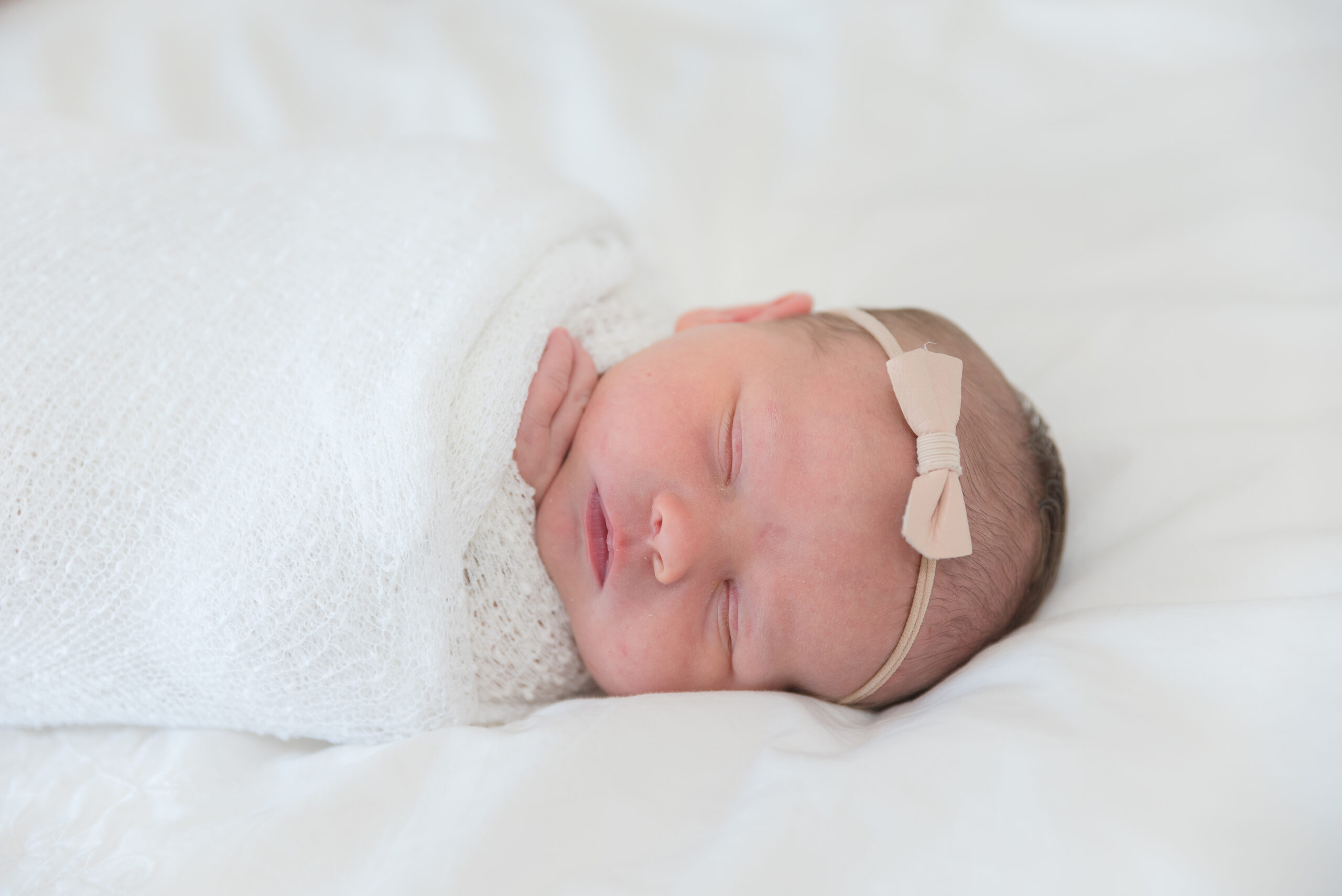Parenting Tips, Postpartum, Sleep, Uncategorized, Wellness
4 Tips to Eliminate Sleep Props

Written by Natalie Fitzgerald, Certified Sleep Consultant, and Postpartum Doula.
A sleep prop is something your baby relies on to fall asleep or to fall back asleep.
Common sleep props can be rocking or nursing to sleep – but really it’s anything that your baby relies on to fall asleep, and cannot fall back to sleep unless that prop or association is present. Eliminating sleep props can help your baby learn healthy, independent sleep so that you AND your baby to get the rest you both need.
Sleep deprivation does not have to be a way of life for you or your baby. There are many ways to get babies to sleep, depending on your parenting style and your baby’s temperament. While those first couple of months with an infant can be filled with uncertainty and less sleep, sleep rhythms do begin to regulate for babies between 3-6 months, so slightly longer stretches of sleep can be possible for everyone.
Sleep deprivation should not be accepted as “a way of life” or a badge of honor.
With up to 70 million of us not getting a good night’s sleep on a regular basis, the Center for Disease Control and Prevention considers insufficient sleep a public health problem. -Park, Alice. “The Power of Sleep.” Time Magazine, Special Edition.
Quality sleep for ourselves and our babies should be prioritized, just as we do healthy nutrition or exercise. Our bodies and minds rely on sleep to rebuild cells, recover muscles, and regulate systems like the digestive and nervous systems that are imperative to our day-to-day functionality. By making good quality sleep a priority for us and our families, we are better equipped to battle depression and anxiety, improve concentration, sharpen memory skills, maintain the fat-burning systems that regulate weight, and better manage the ups and downs that naturally come with parenthood.
If you’re a new parent struggling with sleep, or perhaps your baby relies solely on something like a prop to fall or stay asleep, read on to learn more about sleep props and how to avoid and/or eliminate them so you all can get the rest your bodies need and deserve.
Think of it this way –
Where do you usually fall asleep? For most, it’s in a bed, possibly next to a partner, in a comfortable space you’ve created for sleep. Now think about how you would feel if you fell asleep in that space, only to wake up in the middle of the night on the grass in your backyard – without the comforts of your “sleep space”? You might feel disoriented, confused, and uncomfortable. This is how your baby might feel after he falls asleep with a prop – in your cozy arms, maybe while being rocked or bounced, or possibly with a bottle or breast to his mouth – only to wake up in his crib alone and without the comfort of those associations. Some babies will fall back to sleep on their own without your assistance, while others will signal that they are waiting for you to help get them back to sleep in the way they originally fell asleep – and this can be hard to sustain if your baby wakes frequently through the night!
So how can you avoid or eliminate sleep props?
Here are some tips to help encourage positive sleep associations and avoid sleep prop dependency so the entire family can get more quality sleep.
1- FEED BABY UPON WAKING
Eating is a lot of work for babies – it’s a form of exercise! It requires energy to suck and swallow, and especially for younger infants feeding can take up a good chunk of their awake time. Do your baby a favor and help him get his “exercise” when he’s well-rested and hungry. Feeding your baby right when he wakes up can help him from falling asleep on the bottle or the breast, too.
2- PUT BABY DOWN AWAKE
Try putting your baby down awake. I know this can seem scary or even impossible, especially with a newborn or young infant who is so dependent on you. Start implementing a ritual or routine with your baby before naps and bedtime, and try laying him down when he is relaxed and calm, even drifting off to sleep.
3- MIMIC MOTION WITHOUT PICKING UP
If your baby loves to fall asleep in the carseat or stroller, or while being rocked or bounced in your arms, try mimicking that motion while your baby is lying down. Lay your hands on his torso, applying heavy pressure and possibly even leaning in like a hug while baby is lying down. Try a loud shush-ing near his face too, and stay until he is relaxed and calm before leaving his bedside.
4 – PACIFIER
Pacifiers can be wonderful for babies – they can help with SIDs reduction, teething, and fussiness to name a few. But when you are attached to the end of your baby’s pacifier and find yourself re-inserting it 30 times throughout the night, it might be time to consider how much of it is more of a hassle than it is a helper. With newborns and younger infants try removing the pacifier from their mouth once they’ve fallen asleep, so that the baby can learn to sleep without it. You might keep your hand on baby or shush him while removing it if it seems startling for him. If your baby relies on the pacifier to fall asleep, try pulling the pacifier from his mouth right before your baby falls asleep, and each night pull it out a little sooner than the night before. This can help decrease pacifier dependency, too.
About the Author
 |
Natalie Fitzgerald is a Certified Sleep Consultant and Postpartum Doula and the current PHA Program Manager. In addition to working as a PHA Staff Member, Natalie owns a pediatric sleep consulting business, Restored Sleep Consulting + Postpartum Care, helping families find sustainable ways to get their babies sleeping. |
